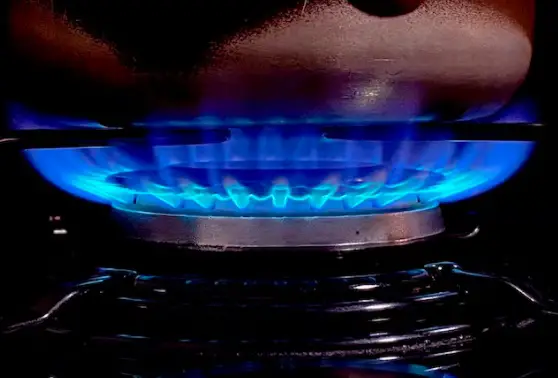On Friday, Russian President Vladimir Putin signed a Presidential decree which will allow “unfriendly” Western nations which have sanctioned Russia, to pay debts for natural gas they purchased in foreign currencies other than rubles. The government’s official portal for legal information published the decree after its signing.
The new decree amends a previous decree from March, which had required all payments for Russian gas be made to Russia in Russian rubles. President Putin noted at the time that foreign governments were using their national currencies “as weapons,” and that for that reasons Russia would no longer be using those currencies in settlements.
The March decree had been a direct response to Western states sanctioning Russia over its military intervention in Ukraine. Those sanctions had made it almost impossible for Russia to settle payments in euros or dollars.
The new decree proposes that funds intended to settle a debt be transferred to a designated foreign currency account of the Russian entity being paid. Once the funds are credited to the account, the debt will be considered as paid.
The new decree is only for payments of existing debts however. It specifies that the repayments of past debts will not guarantee that Russia will resume delivery of future supplies. However it notes supplies may be resumed if the buyer will agree to pay for future purchases in rubles.
When Russia first demanded foreign countries begin paying for their gas supplies in rubles, reaction was varied. Some argued the new system would be illegal, as the gas contracts they had signed contained no provisions for changing the currencies of payment. Other countries, such as Poland and Bulgaria refused to pay in rubles, and Russia eventually cut them off from gas supplies. Many other Western countries, dependent on Russian gas supplies, simply made their payments in rubles.
Russia has officially designated around 50 countries “unfriendly,” including, but not limited to the 27 states of the EU, the US, UK, Canada, Australia, South Korea, Japan, and Ukraine.

